Jacksonville’s Shifting Real Estate Landscape
The real estate environment in Jacksonville is experiencing significant changes. The once-thriving apartment construction sector is now seeing a sharp decline.
This downturn is evident with a drop of over 60% in construction starts in the past year.
Even with this decline, the multifamily inventory has grown, expanding by over 20% in the last five years. There are currently around 4,628 units under construction.
These units are expected to add 3.8% to the inventory upon completion. The market is anticipated to stabilize and improve by 2025, with stable occupancy levels contributing to this outlook.
Examining construction trends highlights a reduced pipeline of new projects. The number of units under construction is over 50% lower than in 2023.
This figure is also nearly 25% below the decade-long average. This paints a picture of a cooling construction environment after a surge.
Strategic developments persist, particularly in areas like Southside and North Side. Together, these areas account for about 50% of ongoing projects.
Downtown Jacksonville, despite being 3% of the existing base inventory, represents 15% of units currently being constructed. This signals concentrated growth in the area.
Rental trends show that advertised asking rents in Jacksonville have decreased by 1.7% year-over-year.
This contrasts with a national rent increase of 1.2%, highlighting different market dynamics. Average apartment rents in the city are expected to range from $1,119 to $1,440 by 2025.
Additionally, occupancy rates have declined, likely influenced by increased supply after a construction boom.
Economic factors complicate Jacksonville’s real estate scenario further. Elevated interest rates affect local market dynamics as they mirror national trends.
Inflation impacts homebuyer sentiment, but Jacksonville’s economic diversification supports long-term sector growth.
Population growth maintains steady demand, ensuring ongoing interest in housing. Jacksonville metro is projected to expand at twice the national rate through 2029, illustrating the increasing allure to renters. Jacksonville remains more affordable than Florida’s major metro areas.
This contributes to its appeal in the real estate market. Looking forward, the market suggests moderate price growth in 2025.
This aligns with a broader normalization phase. Housing inventory has increased by 9% year-over-year, offering more options for buyers.
This contributes to a more balanced market environment. Long-term appreciation potential characterizes Jacksonville’s market.
Affordability and inventory growth drive this potential. As the market recalibrates, Jacksonville is at a critical juncture.
It balances past growth trajectories with current realities and future prospects. The city navigates the complexities of a shifting real estate environment.
Assessment
The recalibration of Jacksonville’s real estate market signals an essential juncture for investors and developers. With the apartment boom decelerating, stakeholders must steer cautious optimism amid shifting demand dynamics.
The environment is reshaping, driven by fluctuating economic conditions and evolving consumer preferences. This pause presents both challenges and opportunities, urging a strategic reassessment of existing portfolios.
As the market recalibrates, keen observation and adaptability will determine future success in Jacksonville’s evolving real estate narrative.

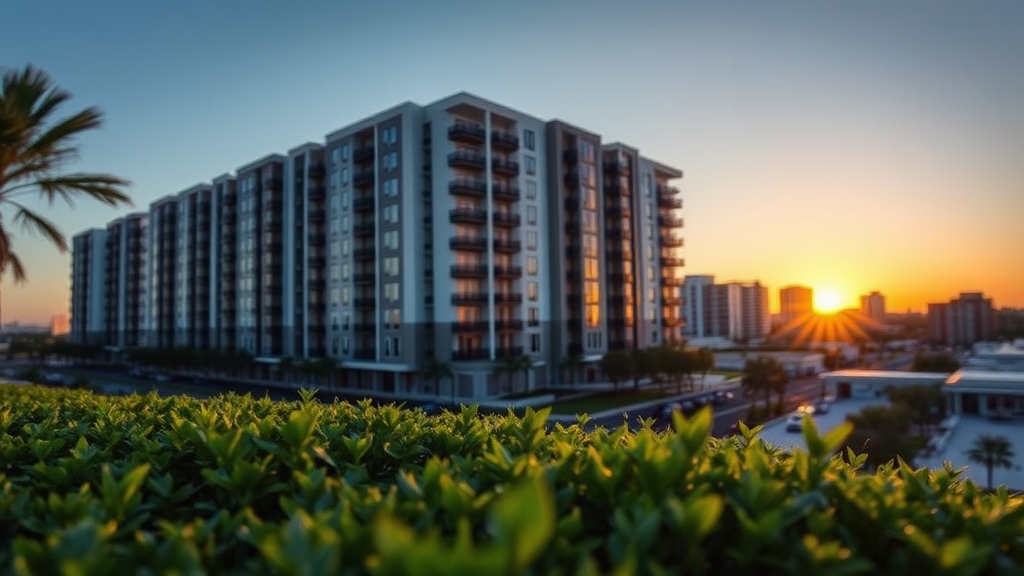






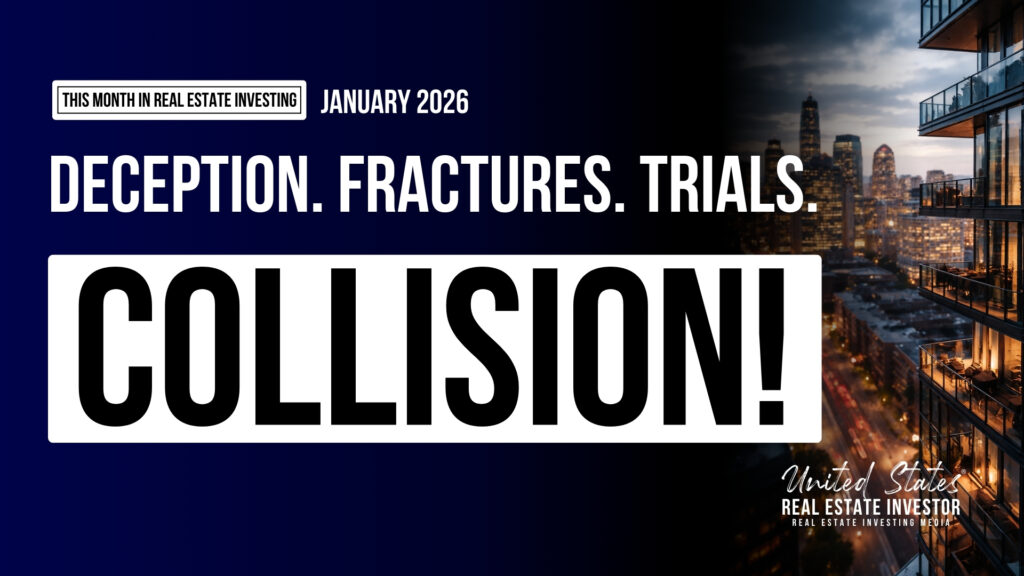


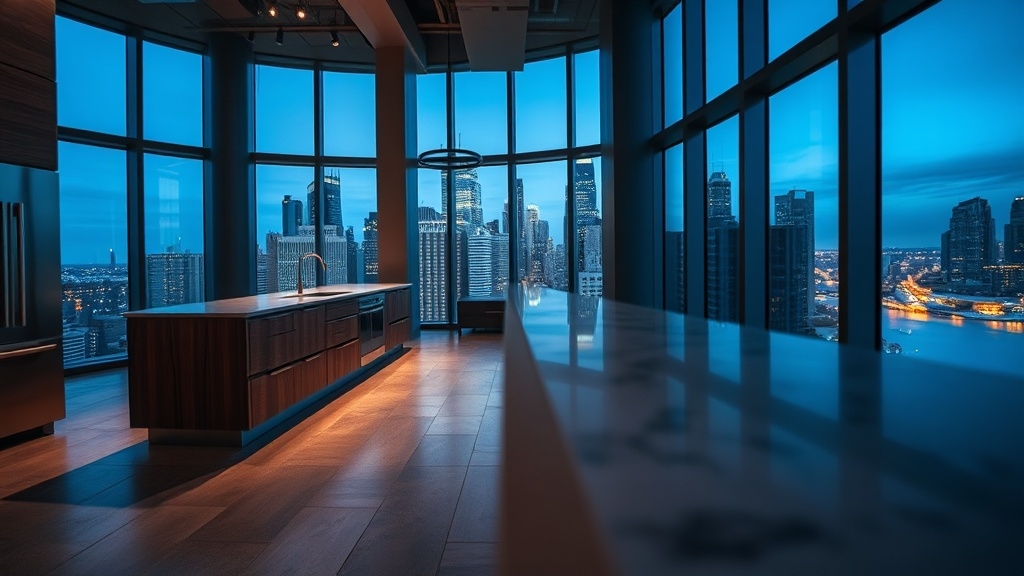
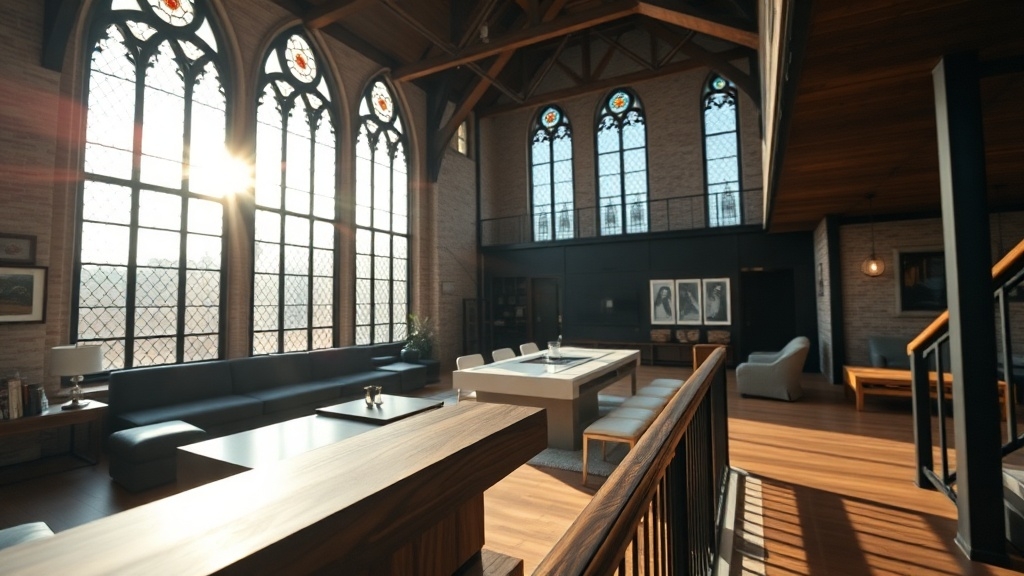


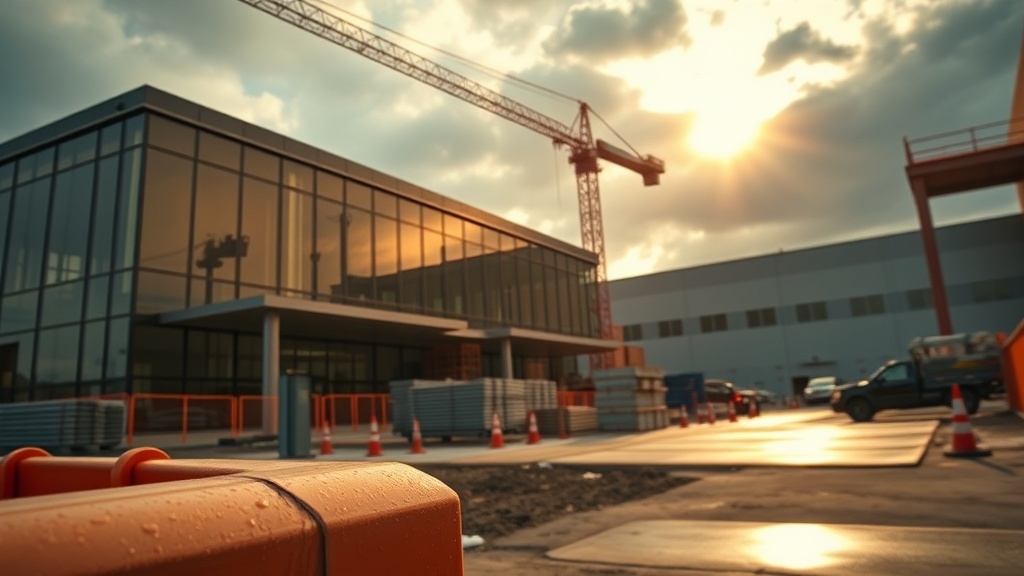



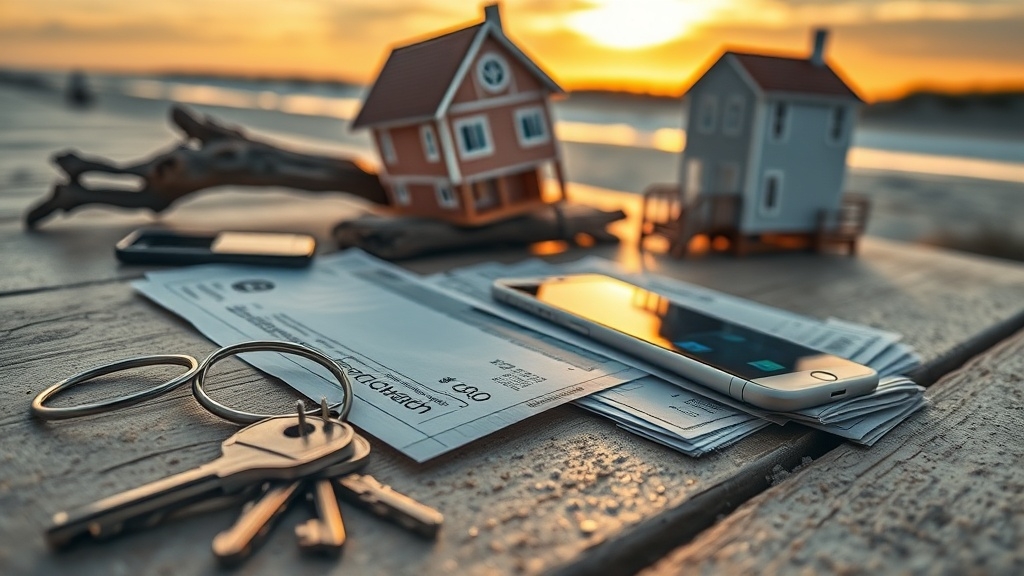


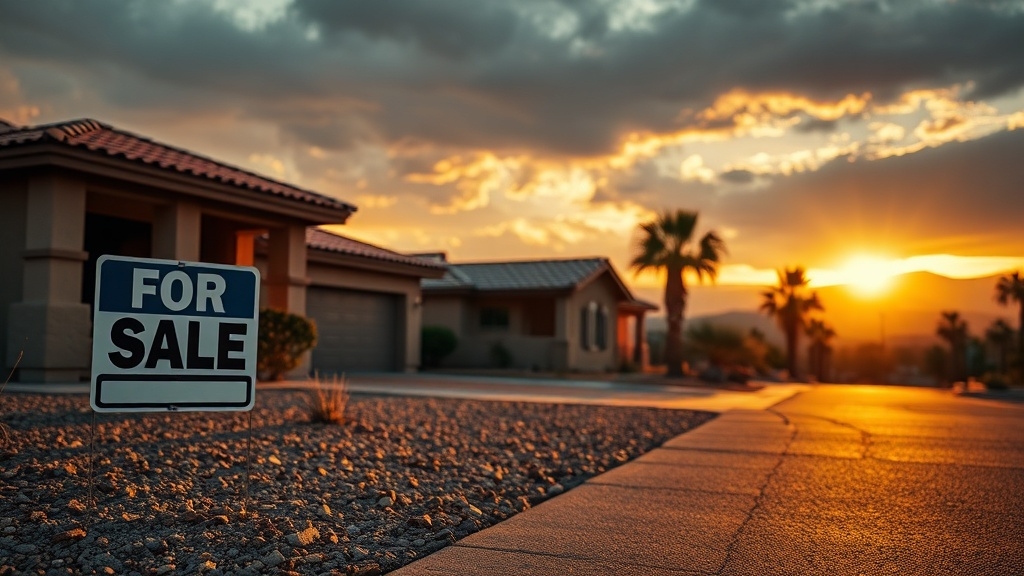


11 Responses
Isnt the slow apartment boom a good thing? More recalibration, less overbuilding. Plus, it makes Jacksonvilles real estate more affordable, doesnt it?
Boom slows? Maybe Jacksonville is just taking a breather. We need to reassess – are we overbuilding or just future-proofing the city?
Is the Jacksonville apartment boom slowing or just changing gear? Maybe were just swapping quantity for quality, ever thought about that? #JacksonvilleReassessment
Is the recalibration a bubble burst in disguise? Jacksonvilles real estate may need more than just an assessment. Whats your take, guys?
Interesting read, guys! But do you think this slowdown could be a sign of a bigger real estate bubble about to burst?
Isnt this recalibration just a fancy term for a bubble burst? Maybe Jacksonville isnt the real estate hot spot weve been led to believe.
Recalibration isnt always a bubble burst. Dont underestimate Jacksonvilles potential, pal.
Does anyone else feel like this recalibration is just a fancy term for weve overbuilt and now were stuck? Just a thought.
More like a fancy term for we messed up but dont want to admit it!
Isnt it quite possible that Jacksonvilles slowing apartment boom is just a market correction? Maybe its not all doom and gloom, folks! #JustAThought
Sure, or its the bubble bursting. Only time will tell. #AnotherPerspective